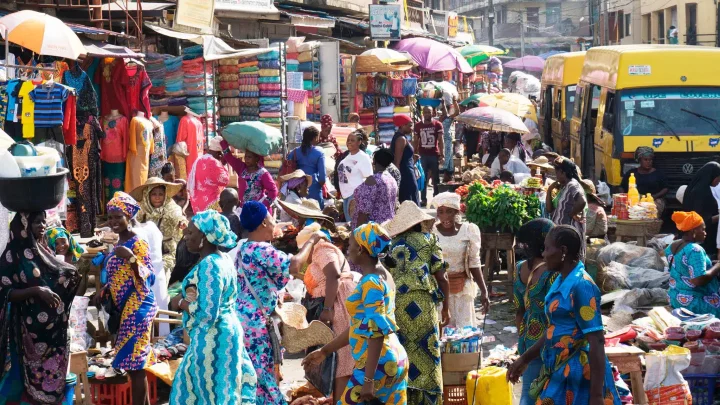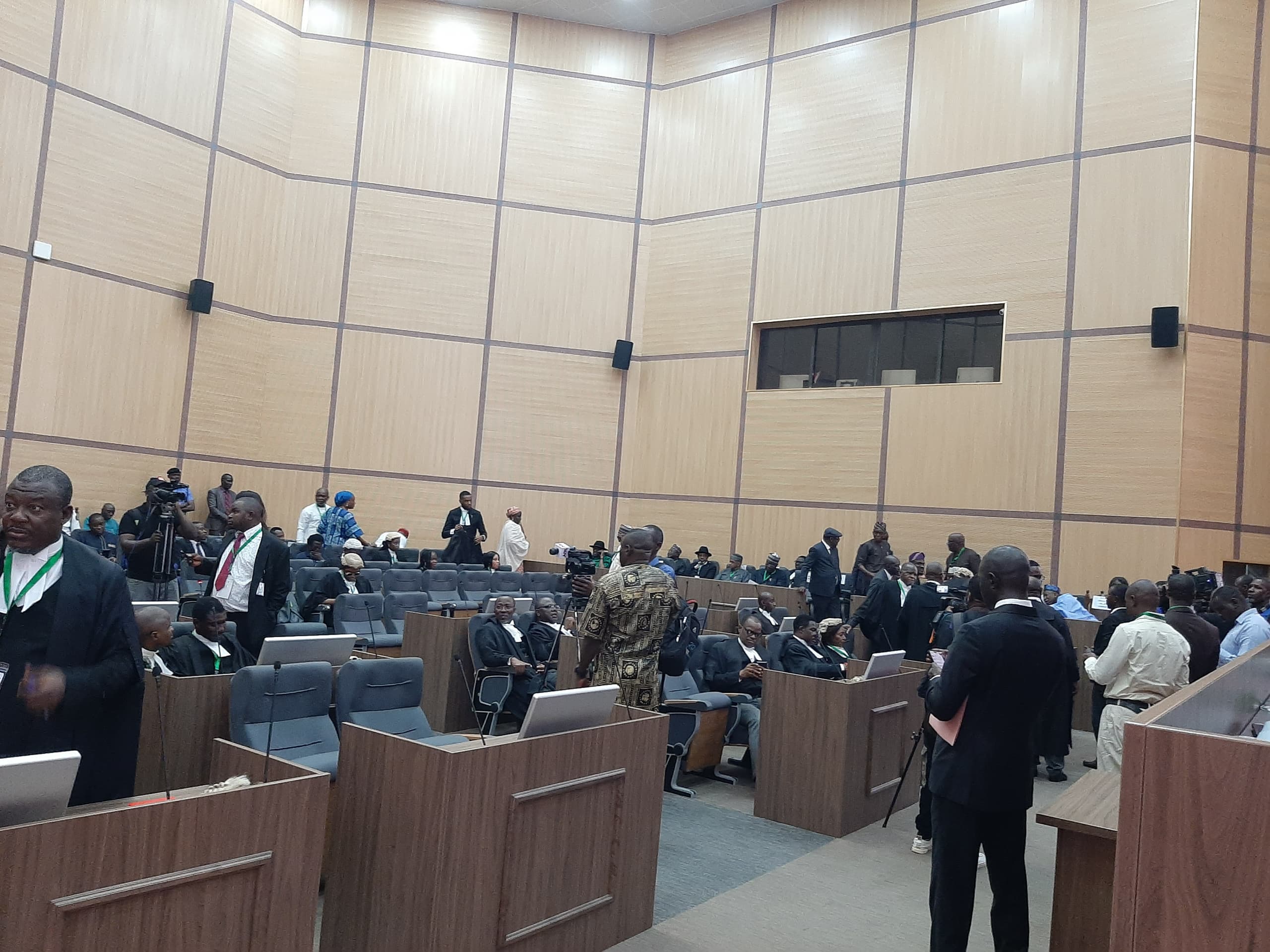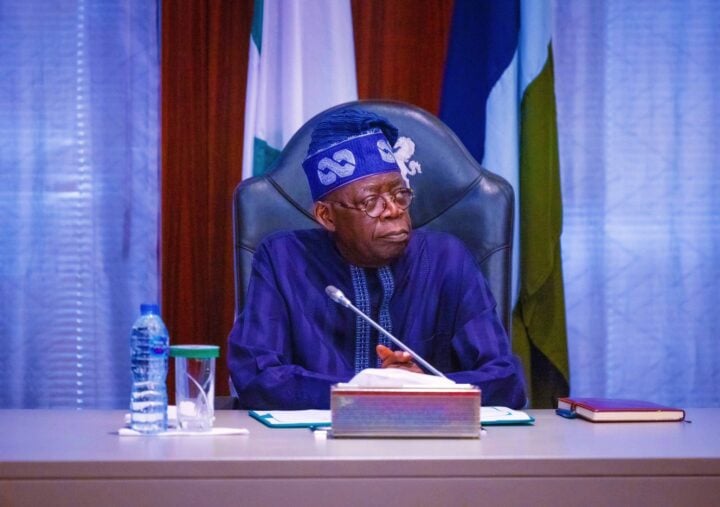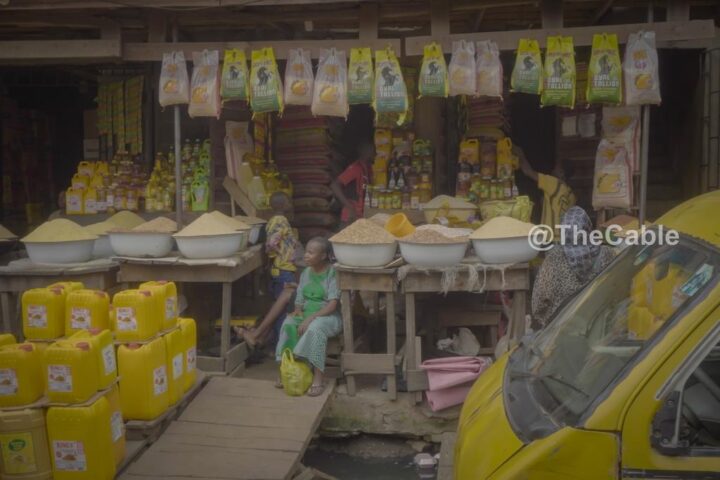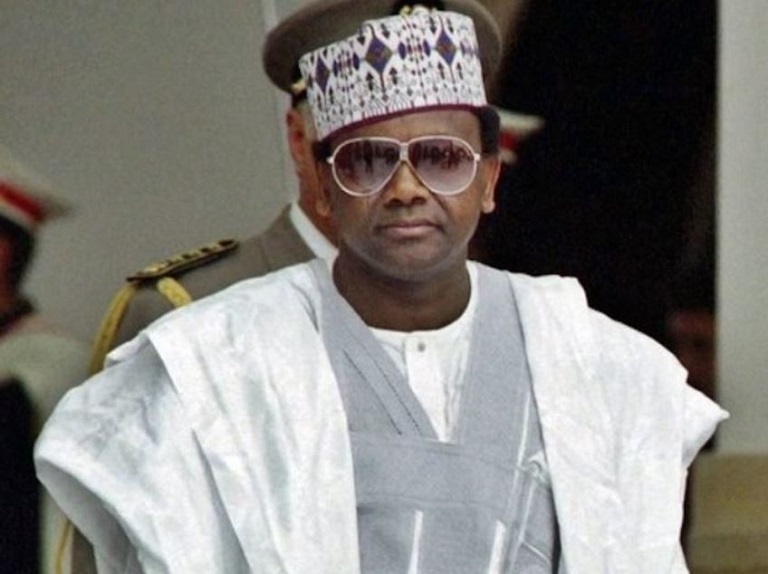Statistics should help settle arguments, in theory. We assume they provide stable reference points that everyone – no matter what their opinion, persuasion, belief, or politics is– can agree on. However, there has been a global trend in recent years showcasing that divergent levels of trust in statistics have become one of the fundamental schisms that have opened up in both developed and developing democracies.
Instead of diffusing controversy and polarisation, statistics seem to be stoking them. Apathy for statistics has become one of the hallmarks of the populists’ movements, with statisticians and statistics viewed by many as untrustworthy and almost insulting. Some people’s sense of political decency is violated by reducing social and economic issues to numerical aggregates and averages, especially when these aggregates are perceived as the basis for political gain or otherwise.
The politics of statistics in Nigeria has been a topic of concern for quite some time, with several issues affecting the credibility and reliability of data in the country. The first significant issue is instances of data manipulation and politicisation of statistics to serve particular political agendas. This has led to the distortion of essential data, hindering accurate policy formulation and decision-making. The second is that in Nigeria, statistical agencies often face challenges due to inadequate funding, which impacts the quality and scope of data collection. Limited resources lead to insufficient sampling sizes and compromised data quality. The result often does not reflect reality. Third, political interference in statistical processes and institutions can compromise the independence and neutrality of statistical data. This leads to a lack of trust in the data provided by both government and non-governmental agencies.
Fourth, Nigeria, like many other developing countries, needs help with accurate population figures. The inability to accurately capture the population hinders effective planning and resource allocation, leading to significant challenges in implementing policies and programmes. Fifth, limited public access to data and a lack of transparency in the statistical process have raised concerns about the credibility of data published by government agencies. This lack of clarity can lead to doubts about the accuracy and reliability of the data. And finally, Nigeria’s vast and diverse population, along with its geographic challenges, poses difficulties in accurately collecting data across all regions. This can lead to disparities and inaccuracies in national statistics, making it challenging to develop effective policies that cater to the needs of the entire population.
Advertisement
Nigeria and Nigerians like controversy when it comes to numbers and statistics. There is controversy about our actual population, deaths and births, number of unemployed persons, those living below the poverty line, number of votes cast in an election, cars, volume of oil produced, even number of civil servants, up to fuel consumption and number of persons who got palliatives from the government. All can be traced to two issues — Nigeria’s poor statistics collection and analysis system and the politicisation of all statistical information. This explains my excitement and interest in participating in the workshop organised by the National Bureau of Statistics (NBS) on a national strategy for the development of statistics, and it was indeed an eye-opener. The organisers, NBS, paper presenters, panellists and participants did well. It was a robust and thought-stimulating engagement. After the workshop, I took away five main lessons about Nigeria, Nigerians, and statistics.
The first lesson is that most political leaders are indifferent to statistics. They make bland and blind promises during campaigns and even when they are in government. There are many examples: Politicians promise “Education for all” without quantifying this promise based on available data – the questions they fail to consider are: How many pupils? How much per kid? How many teachers per school? At what salary? How many classrooms are needed, and at what price? Another example is the promise of “Housing for all”. The questions that merit consideration are: How many units? At how much? With what facilities? How much per unit? In how many years? Their programmes are not based on concrete figures or data. Because of this lack of respect for data, there is no basis for accountability at the end of their tenure. There is no concrete basis to compare and measure the variance that shows progress or lack thereof.
The second lesson is that there needs to be more uptake and use of statistics for policy planning and decision-making in Nigeria, which accounts for why we have poor outcomes for money spent by the government at all levels. The principal value of statistics should be to guide policy and decision-making. Here, on the supply side by NBS and the States Bureau of Statistics (SBS), the focus is on the production of statistics and not usage. On the demand side, most policymakers and civil servants have little or no understanding of the use of statistics to make policy or for planning. Though we have only anecdotal data to support this position, having been in government for a considerable period, I know this to be true. Policies and decisions of leaders are based on sentiments and personal interests.
Advertisement
The third lesson is the problem of fragmentation of statistics. This has caused us so much harm and has continued to harm our quest for development than we know. Different unreliable statistics from various sources have eroded the public confidence in data and diminished the value of statistics. The average Nigerian does not believe in whatever statistics is churned out, and it is, therefore, not a basis in real terms to solve problems or measure progress. Our statistics are not harmonised, and sometimes, they are scattered around the country, and the data are in formats that do not lend themselves to easy usage. Where different bodies are collecting and collating these data, sometimes there are significant differences among them that make it challenging to pontificate using any of the databases.
The fourth lesson is that without a unified data/statistics repository that serves as a one-stop-shop for warehousing statistics across national and subnational, planning is groping in the dark in Nigeria. Policymakers and development planners often work in the dark because of a lack of reliable data. It is, therefore, understandable why it is so challenging to say policy efforts are truly making a difference. This partially explains why planning has not produced the desired outcome and we as a people do not take national development plans seriously. Our politicians, policymakers, and project and programme planners need high statistical literacy. CEOs of MDAs and principal officers need to be stronger in analysing data. They need more capacity to decipher relevant facts out of data. They prefer fiction to facts. They fear facts and data. There is a natural tendency to cover up leakages in the system, especially in the flow of funds. Statistics and corruption are incompatible.
The fifth lesson is that, as a nation, we are not investing in statistics because we cannot see the link between statistics and the knowledge economy. Statistics is an intangible, non-kinetic and invisible item/product compared to goods, construction, machinery, and equipment. Politicians and civil servants prefer brick-and-mortar to non-tangible accomplishments. It is an anomaly that some government agencies are developing little, or no data needed for economic planning and execution. Even when some create this information, they delay the publication and distribution of such information to relevant agencies and the public. I posit with authority that most government agencies have not provided the statutory annual reports of activities, achievements, and financial dealings for the year. Some organisations have yet to do so for over five years. Meanwhile, I discovered that NBS has an incredible load of data and statistics useful to almost all aspects of national life. A lot of work is going on in NBS that policymakers and citizens who need it are not taking advantage of. The current leadership seems very focused and deserves support.
There are many ways in which statistics can help the quest for authentic leadership. Statistics can be used as a basis for planning and projections, a show of mastery of constituency needs, a basis for budgeting, a framework for policy design and planning, and a foundation for mapping implementation timelines and evaluation of programme implementation.
Advertisement
We have noted that one important tool to fight corruption is using statistics because statistics and corruption are incompatible. To address these issues, Nigeria must prioritise the independence of statistical agencies, ensure adequate funding, improve data collection methodologies, enhance transparency, and promote data-driven policies. Additionally, fostering a culture of accountability and integrity within the statistical system is essential to building trust in the accuracy and reliability of data in Nigeria.
Views expressed by contributors are strictly personal and not of TheCable.

